An Independent Balochistan Is A Natural Ally Of The West

The following article is written by Rudam Azad, a Baluch activist for the national independence of Baluchistan.

The following article is written by Rudam Azad, a Baluch activist for the national independence of Baluchistan.
Chadian security agencies have foiled a plot by a group of army officers to “destabilize” the country and undermine constitutional order, the government said in a statement on Thursday.
A “restricted group of conspirators” comprising 11 officers led by the head of the Chadian Organization of Human Rights, Baradine Berdei Targuio, were behind the alleged plot, the statement asserted.
As Islamabad increasingly voices concern about the alleged sheltering of a Pakistani insurgent group in Taliban-ruled Afghanistan, there is speculation whether the Pakistani military might strike targets in the neighboring country and how that would impact the region’s fragile security.
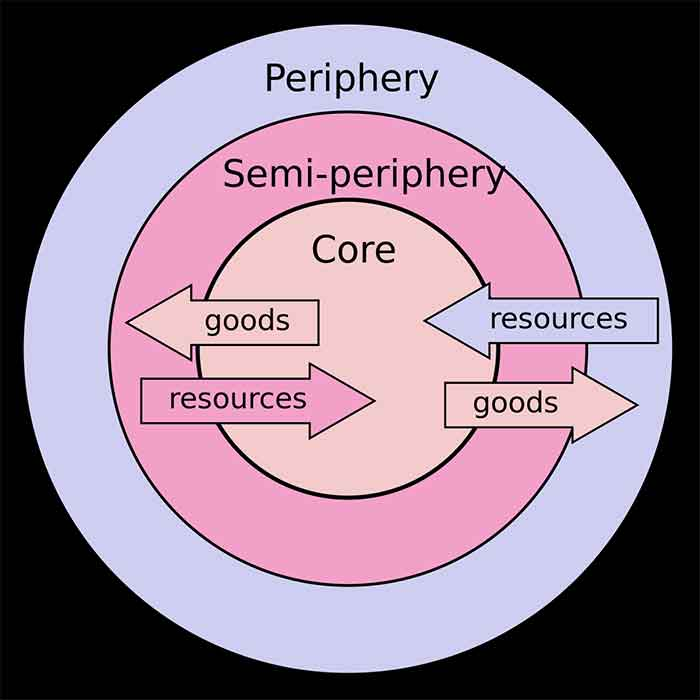
The dependency theory of development was first come up with a Latin American economist Raul Prebisch, and was centered around the development of third world or underdeveloped countries. It was proposed in the 1950’s and 1960’s, when the underdeveloped state of the global south started being given attention to.
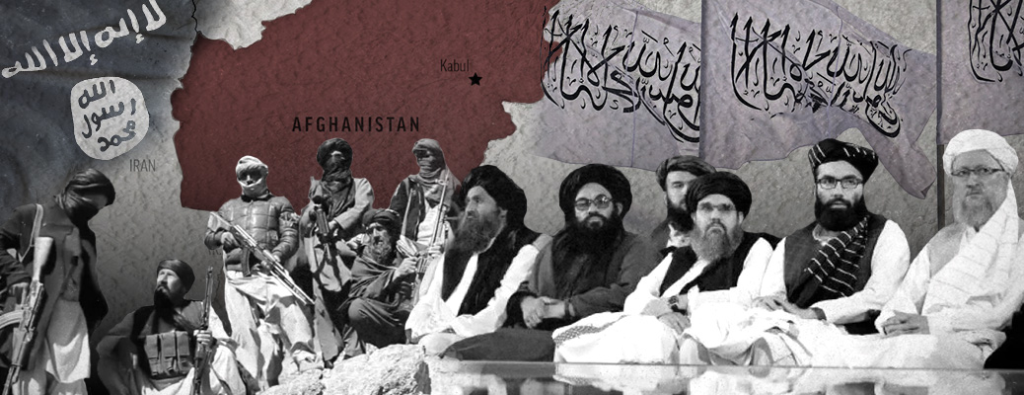
Following the withdrawal of US and NATO forces from Afghanistan in August last year, the Taliban-led schismatic government in Kabul appears to have reached a diplomatic impasse. It seems like its neighbors, who had previously been eager to restore normalcy to the turbulent region, have given up on the Islamic Emirate.

Following the July 31, 2022 killing of Al-Qaeda leader Ayman Al-Zawahiri, we are republishing two archival MEMRI JTTM reports by MEMRI senior analyst Dr. Nimrod Raphaeli. The first report, from 2005, focuses on information found on Al-Zawahiri’s computer after it was seized in an October 2001 raid on Al-Qaeda’s offices in Kabul, which concerned, inter alia, his clandestine activity in Afghanistan. The second report, from 2002, gives information on his background and his rise to prominence.
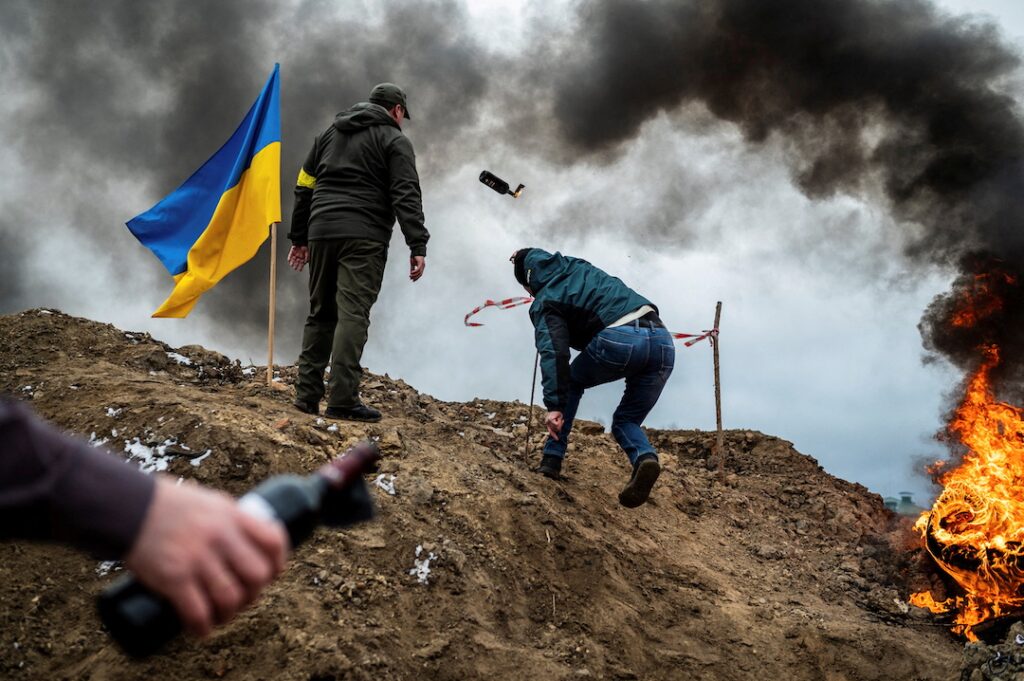
Russia’s invasion of Ukraine sent shock waves round the world. As our look ahead to 2023 shows, several other crises loom as well.
Will he or won’t he? This time last year, that was the question. Russian President Vladimir Putin had massed almost two hundred thousand troops on Ukraine’s borders. U.S. intelligence warned that Russia was preparing for all-out war. All the signs pointed to an assault, bar one: it seemed unthinkable.
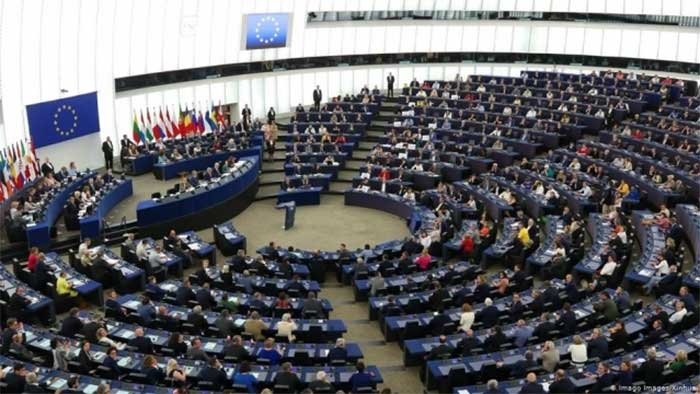
The European people suffered a lot in the two world wars, and hence in the post-1945 period it was only to be expected that there would be yearning for avoiding conflict and war within Europe. To the extent that the unity of Europe in the form of the European Union (EU) is a manifestation of this yearning, this should be welcomed by all peace-loving people of world. Troubled regions like South Asia and West Asia can learn much from this basic idea. The idea of European Union becomes even better if this can be used to maintain certain norms of human rights and democracy in all member countries, apart from facilitating economic cooperation. Of course the big capitalists have their own notions of exploiting a larger and more consolidated market, sometimes at the cost of smaller entrepreneurs and less prosperous members, but at the same time there are also some important benefits for common people as well in such a union.
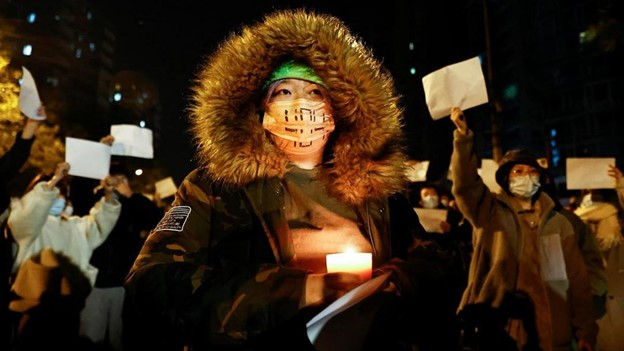
In the early days of the Covid pandemic, pro-Kremlin commentators praised China’s successful Zero-Covid policy as proof of the superiority of authoritarian regimes in protecting their citizens. China’s recent difficulties with this policy as exemplified by the harsh lockdowns and the mass protests that they have sparked, has not produced a reassessment of the original viewpoint. The earlier triumphalism had vanished, once Russia itself experienced difficulties in coping with the pandemic.
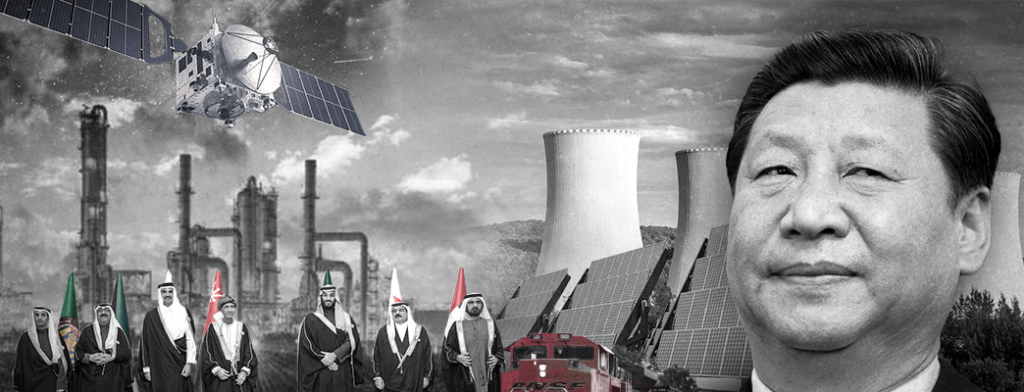
Xi Jinping has made an offer difficult for the Arabian Peninsula to ignore: China will be guaranteed buyers of your oil and gas, but we will pay in yuan.
It would be so tempting to qualify Chinese President Xi Jinping landing in Riyadh a week ago, welcomed with royal pomp and circumstance, as Xi of Arabia proclaiming the dawn of the petroyuan era.